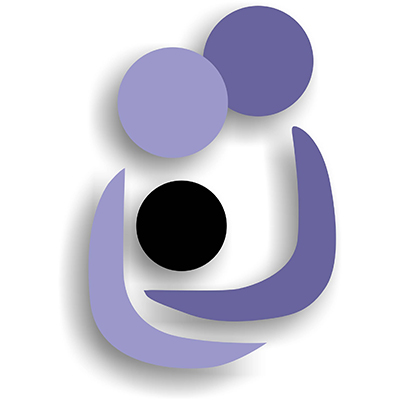Coronavirus: a Sphinx of our time
Anna Ferruta
Translation D. Malidelis
Clinical Psychologist – Psychoanalystς
Member of HPA/ ΙΡΑ
Coronavirus: a Sphinx of our time
The introduction of the coronavirus in the thoughts that concern our daily life had resulted in awakening us from a prolonged dream that retained the fragility of the human displaced elsewhere (in children, in immigrants, in the populations of Africa) or considered it an exception for some less fortunate people who had been stricken with diseases (cancers, heart attacks ) and was often attributed to an unhealthy lifestyle or various environmental hazards.
The disorganization and the fragility of the human condition
The human course as described by Harari in his book: Sapiens. A brief history of Humankind ( 2011, five million sales, translation into thirty languages) seems to be interrupted and makes us confront with a sense of disorganization and a fear of being lost. Everyone looks up at their smartphone, where they were immersed browsing the internet, which had given them the impression that they could “easily remove” the limits and fragility of the human condition and find themselves wondering themselves and their place in relation to other people, animals, plants, matter.
The Coronavirus is the Sphinx
Suddenly, a tiny spherical virus with many thorny spikes raises questions to the human species, a kind of new Sphinx blocks the way and poses riddles.
The immediate reaction is to avoid this situation that requires you to confront human fragility and find refuge in thoughts that protect you from this awareness (leaving the country, isolation) or feeling overwhelmed with fear and not knowing where to turn in such an unexpected and unpredictable situation (gathering supplies because we can never know what will happen …).
The next reaction, which gives a momentary relief, is to blame those who have issued guidelines for the protection of citizens’ health that they are wrong, too often without thinking and considering the advice given. It is simply an understandable defensive reaction, to avoid the anxiety, that we have been confronted with an invisible and insidious enemy and to express the need for a protection we have been deprived of.
Three sources of strength
Facing in a very sharp and sudden way the forgotten fragility of the human condition, we have the opportunity to rediscover three sources of strength that had been marginalized as ordinary.
Everyone can take on a new and more conscious share of their personal responsibility by taking on “charismatic” behaviours to protect themselves and those close to them (avoiding situations that facilitate the transmission of the virus). The pleasure of taking personal responsibility for caring for my situation and those who depend on me is an excellent antidote to fear, because it allows us to discover unknown strengths and use them to insure ourselves and others. Everyone as an individual can do something.
Another source of energy is to realize how important to each other are the “hated others” with whom we share life. The people we live and meet abstractly every day but who, we now discover, when for some reason, like what is happening now, they become transient, disappear from the subway, from the bars, from the classrooms and make us feel poor, deprived of our community or from the feeling that we belong somewhere.
But the most important source of reserves, is the ability to overcome our fears created by the sudden realization of our fragility (often our fears are used for a very easy propaganda), based on the knowledge offered to us by the men and women of science. They alone have the tools to give useful and relevant instructions for effective care and behaviours.
The antidote to fear
Instructions simple, essential and accurate, coming from those who explore the Pathological effects of the virus is a good antidote to fear, because they re-establish contact with the emotional experience of trust in the mother, who kept each of us alive at the beginning of our existential path.
In addition the confidence we place in the researchers who explore the unknown, who study the virus and the means we mobilize (vaccine, prevention, diagnosis) it follows the path that has been set over the centuries, regarding the human ability to explore the sky and the earth, the planets and the animals despite its endogenous weakness (let us remember that Rita Levi Montalcini discovered NFG, the growth factor neurons in the venom of snakes or Fleming with the discovery of penicillin in the study of mold fungi).
Personal and collective Responsibility, and a confidential listening to anyone who courageously explores the unknown instead of avoiding it, and relying on what we already know, help to address human fears as well as keeping our eyes open and looking forward to the future of new generations.
«We will emphasize once again that the human intellect is powerless in the face of human momentum and we will be right. But there is something special in this weakness, the voice of the intellect is weak, but it does not calm down before it is heard. Eventually after countless, often repeated rejections, it succeeds. This is one of the few points on which one can feel optimistic about the future of humanity, but in itself it is important» ( Freud S. (1927) The future of an illusion, σελ. 80 , Hellenic Education Publications ).
Source: Hellenic Psychoanalytic Society
